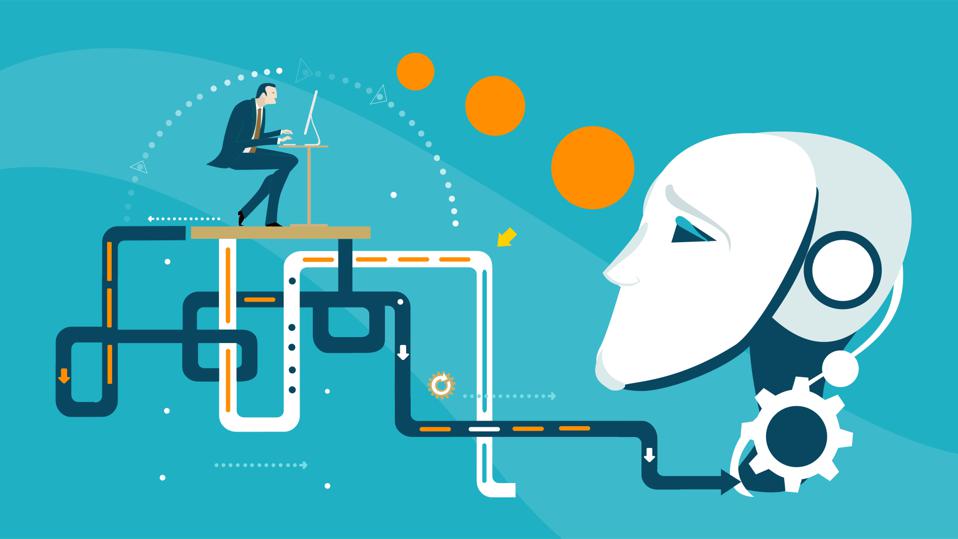Let's face it; we've all been in situations where we needed cash urgently, but our paycheck was still days or weeks away. In times of financial distress, the idea of a payday loan might have crossed your mind. But what exactly are payday loans, and are they the lifesavers they claim to be?
Exploring the Pros and Cons of Payday Loans
In this article, we'll dive deep into the world of payday loans, laying out the advantages and disadvantages, so you can make an informed decision. We'll also provide you with alternatives that might just be the silver lining to your financial cloud. By the end of this read, you'll be well-versed in the potential pitfalls and benefits of payday loans, along with strategies to steer clear of the debt trap.
Pros of Payday Loans
- 1. Swift Cash Access
Payday loans offer a lifeline when you're in a financial bind. Whether it's for an emergency or a looming bill, the application process is a breeze. No lengthy credit checks or extensive documentation are required. In most cases, approval takes mere minutes, with funds hitting your bank account within 24 hours or less.
- 2. Short-Term Relief
Payday loans are designed to be short-lived. You borrow a modest sum, typically up to $500, and pay it back promptly, aligned with your next paycheck. This ensures you won't be caught in a never-ending cycle of debt accumulation, unlike long-term loans that span months or years.
- 3. Flexibility in Repayment
Some lenders offer flexibility in the form of loan renewals, rollovers, payment plans, or extensions. These options buy you extra time to settle your debt, preventing defaults or missed payments. But be cautious; extended loans may lead to increased borrowing costs and a potential debt spiral.
Cons of Payday Loans
- 1. Sky-High Interest Rates and Fees
The major downside to payday loans is the exorbitant annual percentage rates (APR). They can soar to a staggering 400% or more, which means you'll pay a hefty sum in interest. For instance, borrowing $500 for two weeks at a 400% APR equates to a whopping $75 in interest, in addition to any fees imposed by the lender. Ultimately, you'd have to return $575 – far more than you initially borrowed.
- 2. The Debt Trap Dilemma
When you can't meet your repayment deadline, payday loans can become a vicious cycle. You might accumulate extra fees, penalties, or even be compelled to take out another loan to cover the existing one. The Consumer Financial Protection Bureau (CFPB) states that nearly 80% of payday loans are rolled over or renewed within 14 days, with over 60% of borrowers paying more in fees than the borrowed amount.
- 3. Credit Score Conundrum
Defaulting or missing payments on a payday loan can spell disaster for your credit history. A tainted credit score makes it challenging to secure other types of loans or credit cards in the future. Furthermore, payday lenders may report delinquency to credit bureaus or collection agencies, exacerbating your credit woes.
Escaping the Payday Loan Snare
How can you avoid falling into the payday loan debt trap?
- Swap for a More Affordable Loan: Seek personal loans, credit card cash advances, or overdrafts from your bank or credit union. These often feature lower interest rates and extended repayment terms. Compare your options wisely.
- Tap into Savings: If you have an emergency fund, use it to settle your payday loan swiftly. This not only helps you sidestep extra interest and fees but also frees up your finances for other essential expenses.
- Extended Repayment Plans: Some payday lenders offer extended repayment plans (EPPs). These allow you to repay your loan over a more extended period, usually four to six months, without additional fees or interest. Make sure to request an EPP before your loan's due date.
- Boost Available Cash: Find ways to increase your income temporarily or cut expenses until your payday loan is squared away. Consider selling unwanted items, taking on a side gig, seeking assistance from friends or family, or negotiating with creditors for more favorable terms.
In conclusion, payday loans can provide quick cash in emergencies, but they come with significant risks and drawbacks. They can ensnare you in a never-ending debt cycle, tarnish your credit score, and end up costing you far more than you can afford. So, if possible, steer clear of payday loans and explore alternative solutions to ease your cash flow challenges.
FAQs
Are there any situations where a payday loan might be a good option?
While generally risky, payday loans could make sense in genuine emergencies, like medical bills or avoiding eviction. Always exhaust other options first.
Do payday loans impact my long-term financial stability?
Yes, they can. The high costs and potential debt cycle can lead to long-term financial instability, making it harder to save or invest.
What are the legal regulations for payday loans in my state?
Regulations vary by state, with some banning or heavily regulating payday loans. Check your state's laws before considering one.
Can I extend my payday loan to avoid defaulting?
Yes, many lenders offer extensions, but this often results in higher costs. Always weigh the pros and cons before opting for an extension.
How can I build an emergency fund to avoid payday loans?
Start by setting aside a small portion of each paycheck in a separate savings account. Over time, it can grow into a substantial safety net for unexpected expenses.


